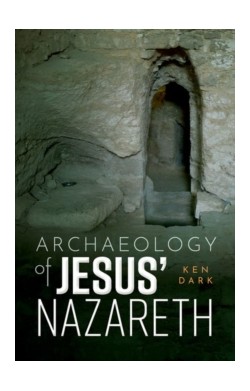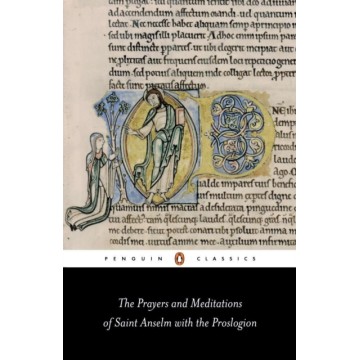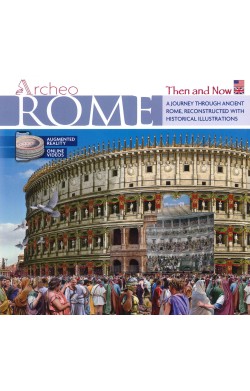- -5%
Archaeology of Jesus' Nazareth
Riferimento: 9780192865397
Dark Ken
- Data di Pubblicazione
- 09-02-2023
- Lingua
- Inglese
- Edizione
- Inglese
- Pagine
- 192
- Formato
- Hardback
- Autore
- Dark Ken
- Editore
- Oxford University Press
 Sicurezza
Sicurezza
Paga in totale sicurezza, sistema protetto da frodi.
 Spedizioni
Spedizioni
Gratuita per ordini superiori a 77€
 ORDINA LIBRO
ORDINA LIBRO
Questi libri devono essere ordinati.
Archaeology of Jesus' Nazareth is the first book on the archaeology of first-century Nazareth: Jesus' hometown in Galilee. Requiring no previous knowledge of biblical history or archaeology, it outlines the latest archaeological evidence, placing the Gospels' account of Jesus' youth in the Bible, and origins of Christian pilgrimage, in a new context. The book concentrates on the fascinating Sisters of Nazareth site in the centre of the present city. There, twenty-first century archaeological research identified a Byzantine pilgrimage church, which is likely to be the Church of the Nutrition - dedicated to the upbringing of Christ - the most important previously 'lost' early Christian church in the Holy Land. A seventh-century pilgrim said that a vaulted area under the Church of the Nutrition contained the actual house where Jesus wasbrought up by Mary and Joseph. Intriguingly, below the Byzantine church at the Sisters of Nazareth site a vaulted area preserved what are probably the ruins of a first-century house. Even before the Byzantine church was built, a - probably fourth-century - cave-church was constructed next to thefirst-century ruins, suggesting that they were assigned Christian religious importance. The similarities with the pilgrim's description raise the question of whether the Sisters of Nazareth house really could have been the childhood home of Jesus. The book draws to its conclusion by means of a discussion of this historical existence for Jesus and the implications of the archaeology of Nazareth for understanding the Gospels.
Se il Libro che stavi cercando non è disponibile, puoi ordinarlo semplicemente contattandoci tramite apposita chat che trovi sul sito oppure telefonando al numero +39 06 6872354
I prodotti con la dicitura PRE-ORDINE hanno tempi di consegna maggiori. Questo è dovuto al fatto che spesso sono libri rari o antichi. Ma anche libri in lingua originale per questo motivo, la spedizione ha tempi di attesa maggiori.

















